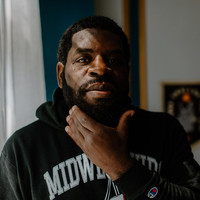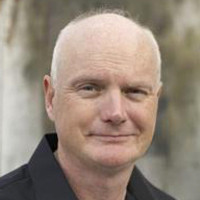Interview: Gloria Steinem
SHRIVER: Regarding your Playboy exposé, I know you've discussed this a great deal, but I'd like to ask you this: You've said that you were glad you did it. What role do you think that exposé played in your early career and the notoriety you've achieved? Is there a similar exposé that someone could do today--something that would be as shocking? STEINEM: It took me a very long time to be glad. At first, it was such a gigantic mistake from a career point of view that I really regretted it. I'd just begun to be taken seriously as a freelance writer, but after the Playboy article, I mostly got requests to go underground in some other semi-sexual way. It was so bad that I returned an advance to turn the Playboy article into a paperback, even though I had to borrow the money. Even now, people ask why I was a Bunny, Right-Wingers still describe me only as a former Bunny, and you're still asking me about it-almost a half-century later. But feminism did make me realize that I was glad I did it--because I identified with all the women who ended up an underpaid waitress in too-high heels and a costume that was too tight to breathe in. Most were just trying to make a living and had no other way of doing it. I'd made up a background as a secretary, and the woman who interviewed me asked, "Honey, if you can type, why would you want to work here?" In the sense that we're all identified too much by our outsides instead of our insides and are mostly in underpaid service jobs, I realized we're all Bunnies--so yes, I'm glad I did it. If a writer wants to do a similar exposé now, there's no shortage of stories that need telling. For instance, go as a pregnant woman into so-called crisis pregnancy centers and record what you're told to scare or force you not to choose an abortion-including harassing you, calling your family or employer. Or pretend to be a woman with a criminal record and see how difficult it is to get a job. Or use a homeless center as an address and see what happens in your life. Or work at an ordinary service job in the pink-collar ghetto, as Barbara Ehrenreich did in Nickel and Dimed. But be warned that if you're a woman journalist and you choose an underground job that's related to sex or looks, you may find it hard to shake the very thing you were exposing.









